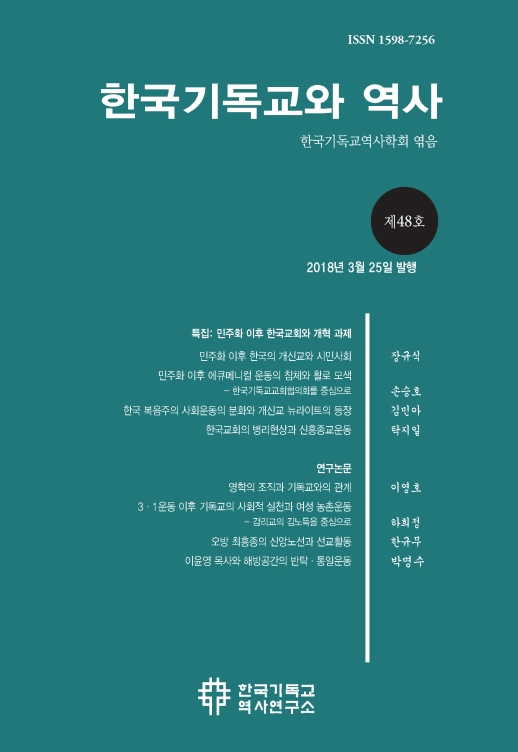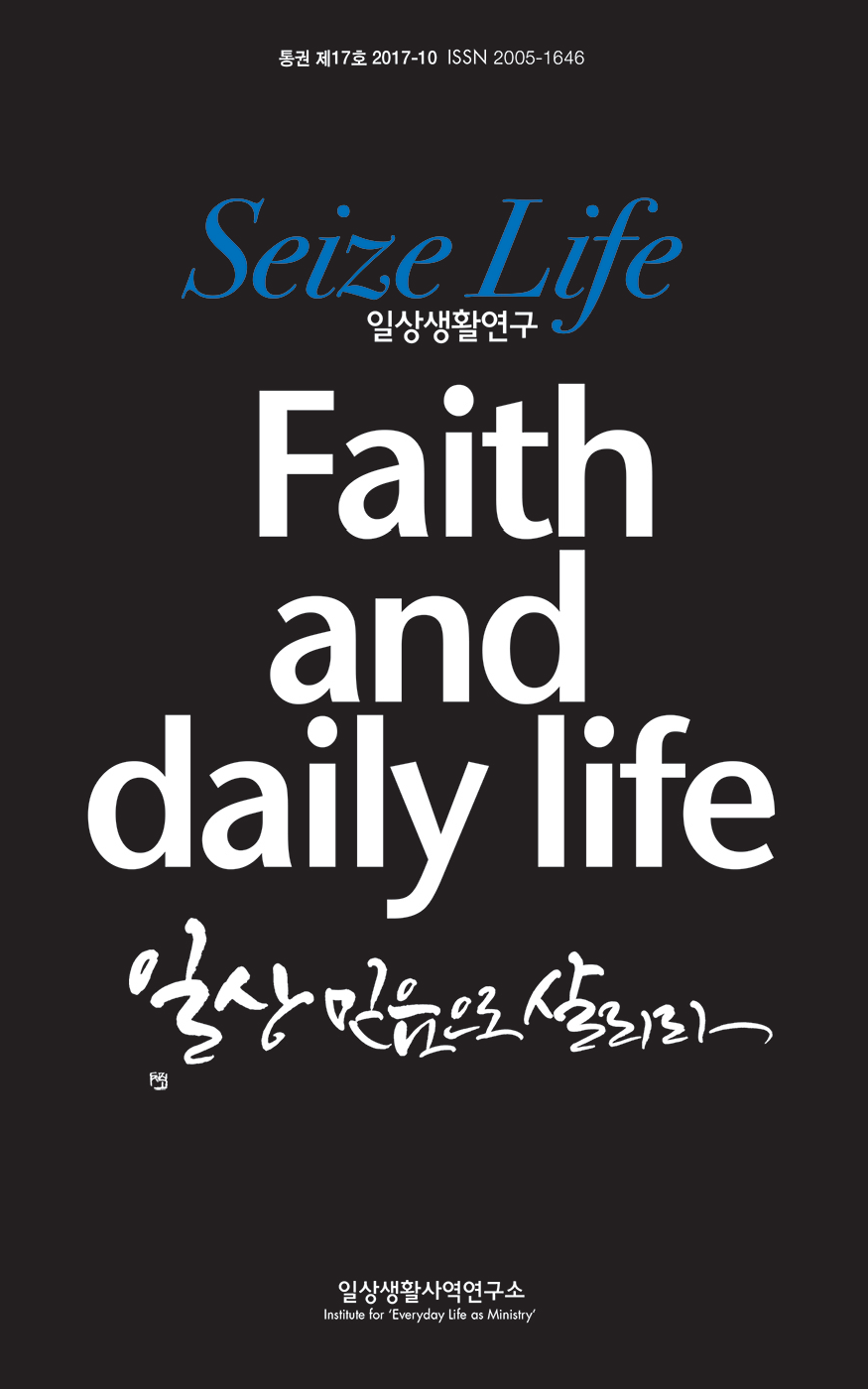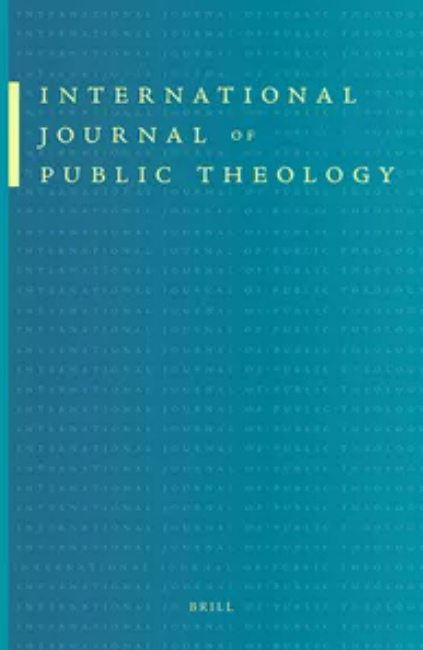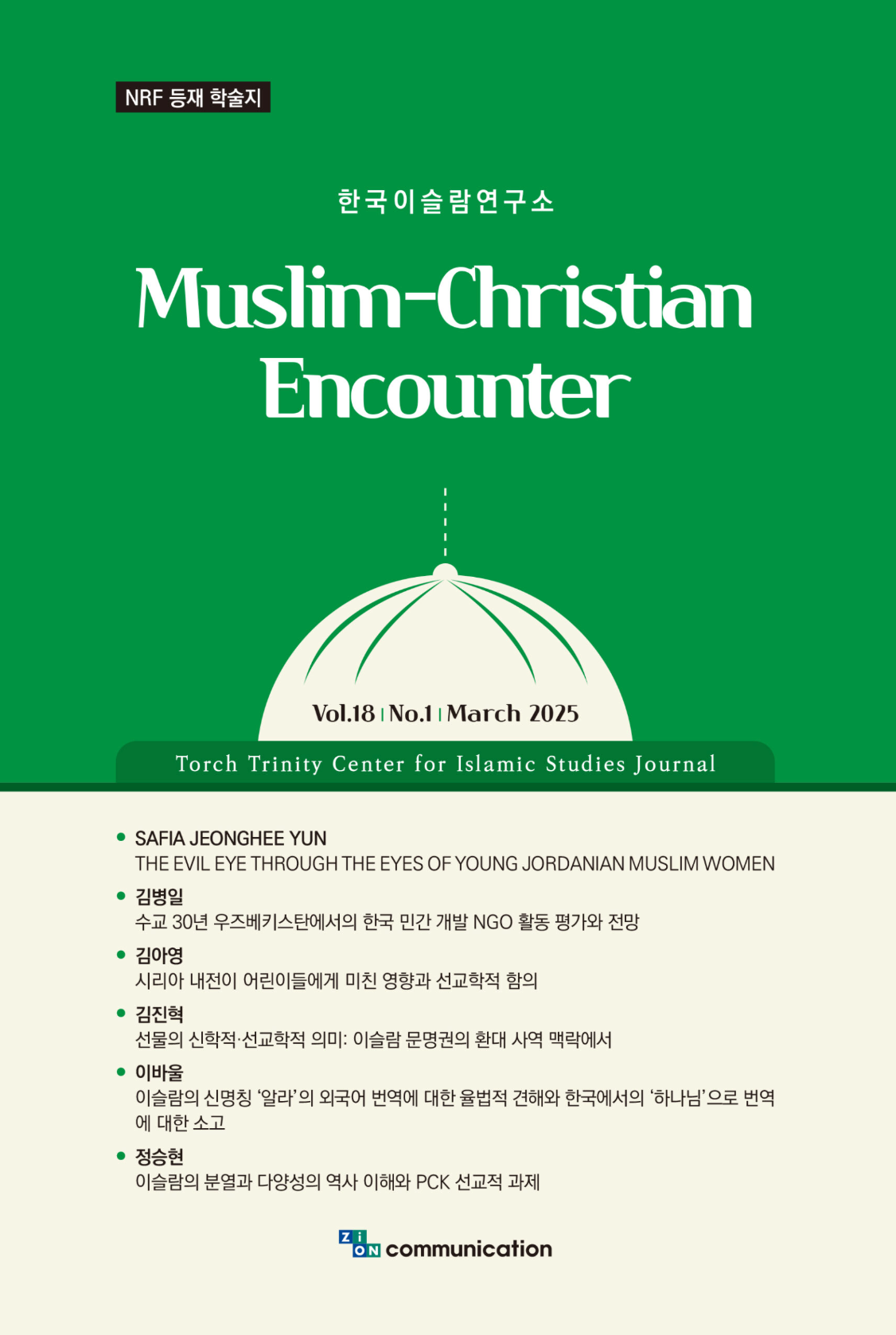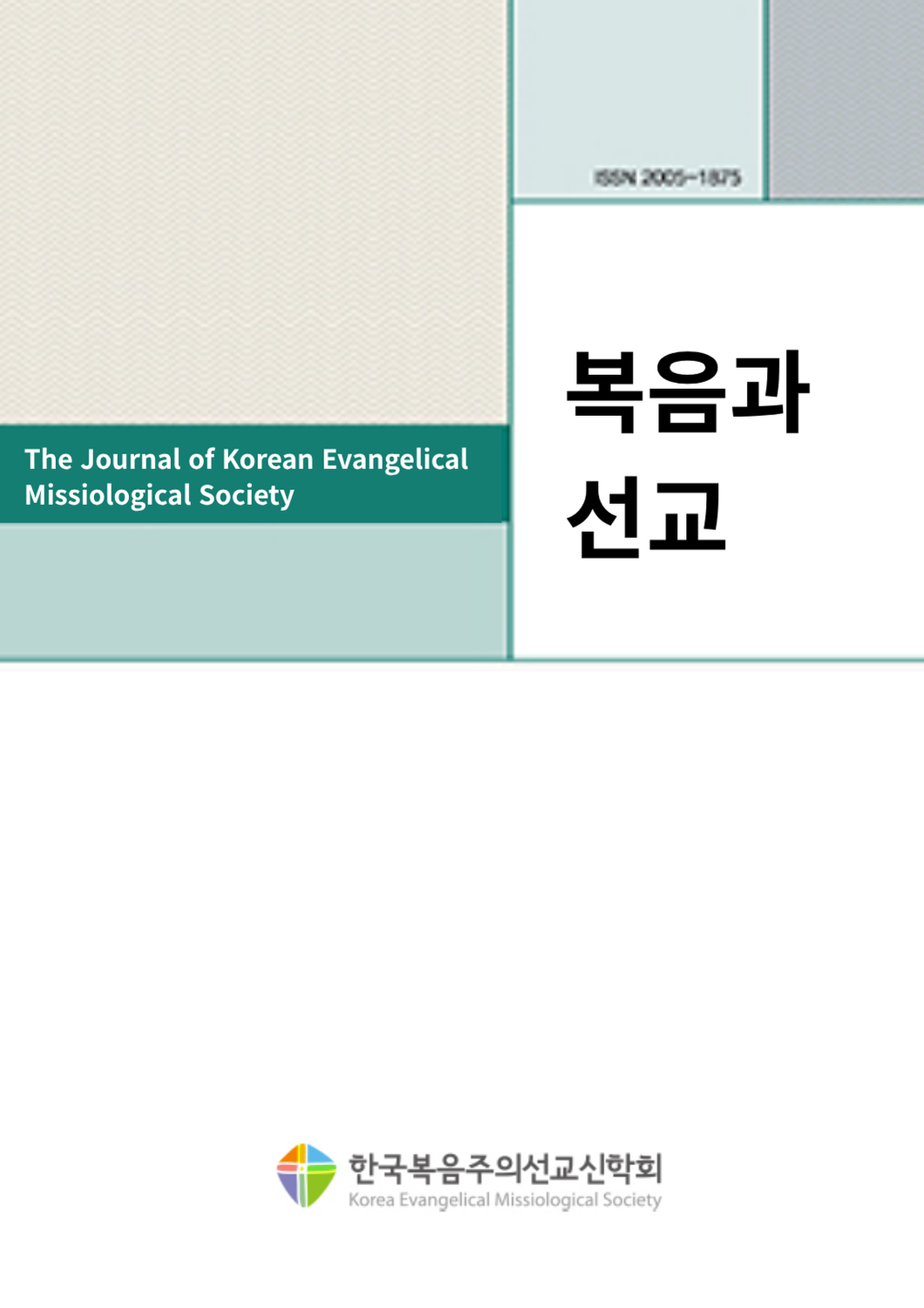1980년대 등장한 복음주의 사회운동은 민중운동 및 민주화운동과의 거리 두기를 통해 자신의 정체성을 확립하고자 하였고, 복음주의 내에서 급진적인 분파와의 갈등을 통해 더욱 온건해지는 경향을 보여주었다. 이 ‘온건한 복음주의 사회운동’은 마르크스주의와 민중신학, 폭력투쟁이라는 운동 전략, 그리고 사회변혁이라는 운동 목표로부터 거리를 두고, 개인적인 각성을 통한 점진적인 사회변화를 목표로 하였다. ‘온건한 복음주의 사회운동’은 ‘개신교 뉴라이트’의 ‘정치적 행동주의’ 형성에 영향을 끼쳤다. 개신교인의 사회적 책임을 적극적으로 인정하는 ‘로잔 언약’이 ‘개신교 뉴라이트’의 정치참여를 정당화해 주는 근거로 활용된 것이다. 한편 해방 이후부터 이어져오고 있는 ‘국가조찬기도회’의 ‘민족복음화’라는 정치적 전망은 ‘개신교 뉴라이트’ 운동의 정치적 지향 설정에 영향을 끼쳤다. 이렇게 형성된 ‘개신교 뉴라이트’의 종교·정치적 성향은 한마디로 ‘보수 정치적 행동주의’라고 할 수 있다. 이처럼 이명박·박근혜 정권을 탄생시킨 ‘개신교 뉴라이트’는 기존의 정통적 보수적인 개신교인들과는 다른 종교·정치적 성격을 가진, 새롭게 등장한 개신교 정치세력이다.
The moderate evangelical social movement emerged in the 1980s, differentiating itself from the Minjung movement and the democratization movement. It tended to become even more moderate by going through conflicts with a radical evangelical social movement. This moderate evangelical social movement aimed at gradual social changes through individual awakening, distancing itself from Marxism, Minjung Theology, violent protests, and social revolutions. The moderate evangelical social movement influenced the formation of political activism by the Christian New Right. The Lausanne Covenant that vocally espoused the Christian’s social responsibility justified political participations of the Christian New Right. Meanwhile, the idea of national evangelization―which was a political goal of the National Prayer Breakfast―had an impact on the political orientation of the Christian New Right. The religious and political orientation of the Christian New Right can be summarized as ‘conservative political activism.’ The Christian New Right―which contributed to the creation of Lee Myeong-bak’s and Park Geun-hye’s administrations―was a newly emerging Christian political power group, different from the existing old conservative Christians.


